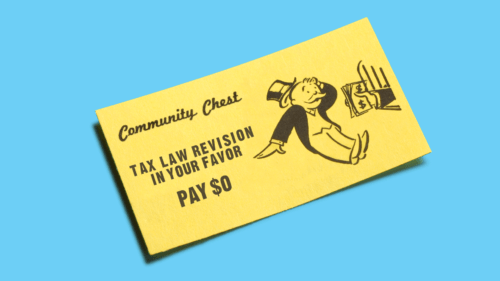So, social democracy and taxes? I’m going to approach this topic from a couple of angles. First, I’ve made some efforts in the past to distinguish between progressivism, social democracy, and socialism. But I want to say more about this. I think these terms, albeit unsettled, pick out importantly different political philosophies. Taxation forms an entry-point to thinking about these differences.
Second, Elizabeth Warren recently worked her way into a bit of a jam. She’s struggling with how to pay for Medicare for All, a set of bills proposed by Pramila Jayapal and Bernie Sanders that would create a robust, comprehensive, world-class single-payer health insurance system. Warren worked her way into this jam, I’ll argue, because she’s a progressive who backed her way in to endorsing a social democratic idea. The news endlessly covers the entire kerfuffle, but I think the press sees this less as a philosophical problem than a policy problem. On the contrary, I think it’s primarily a philosophical problem opening up over the topic of taxes.




